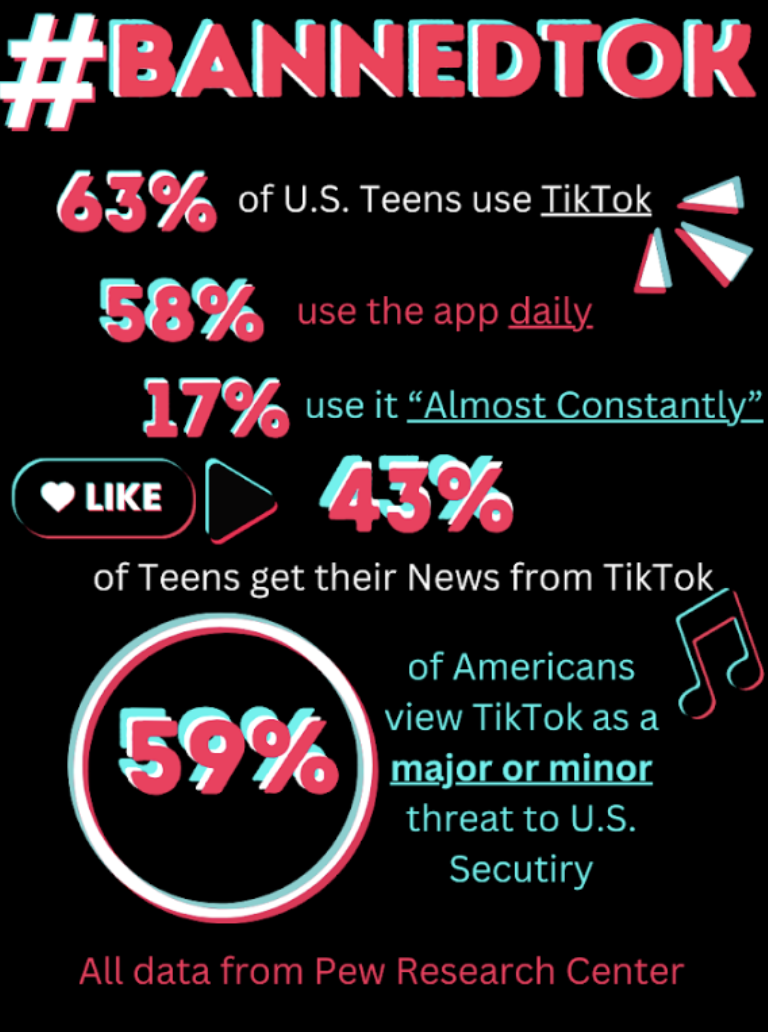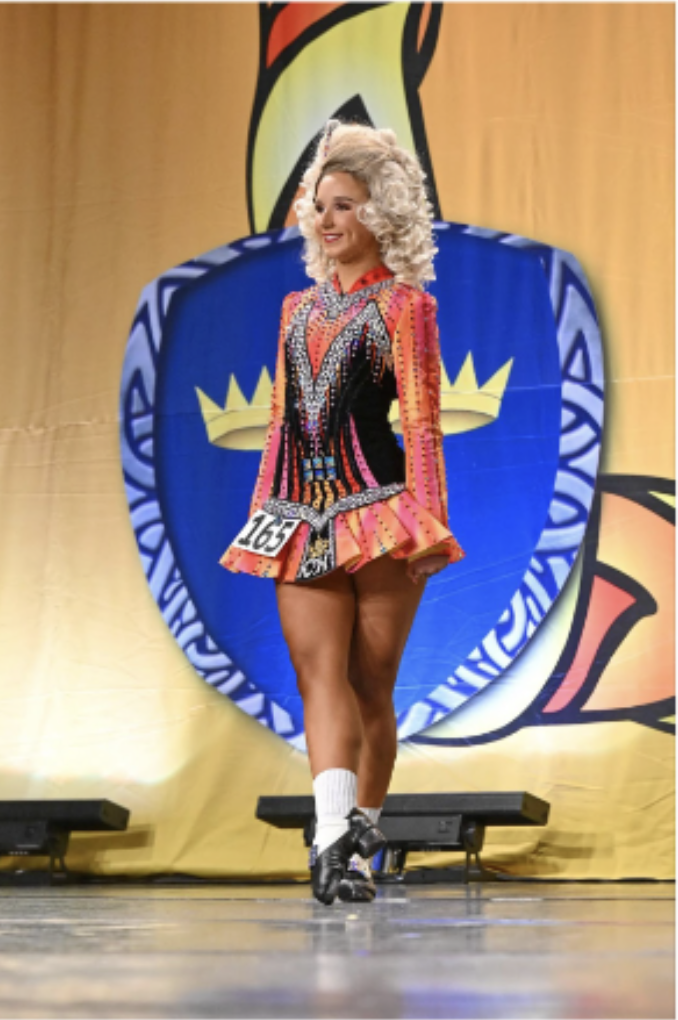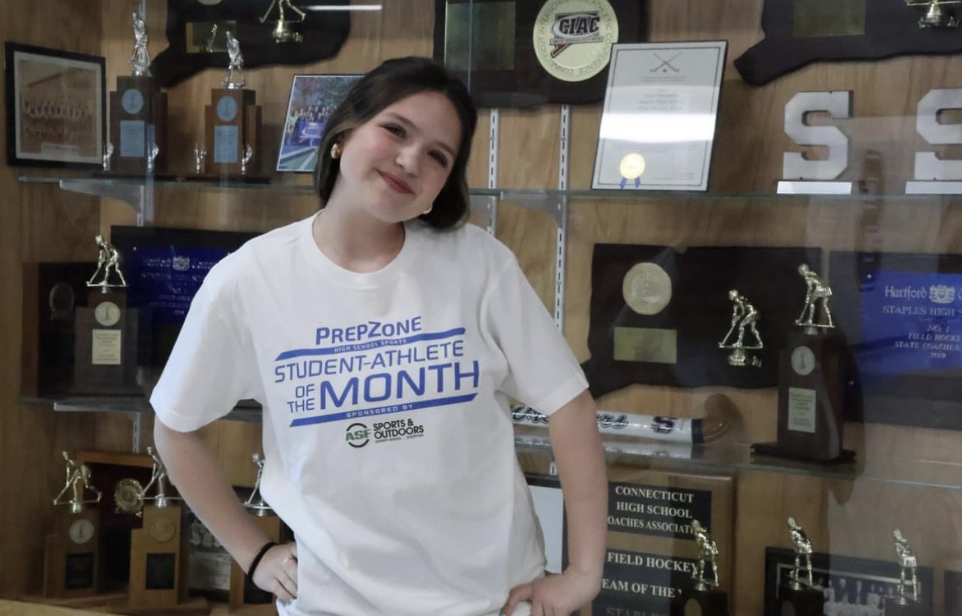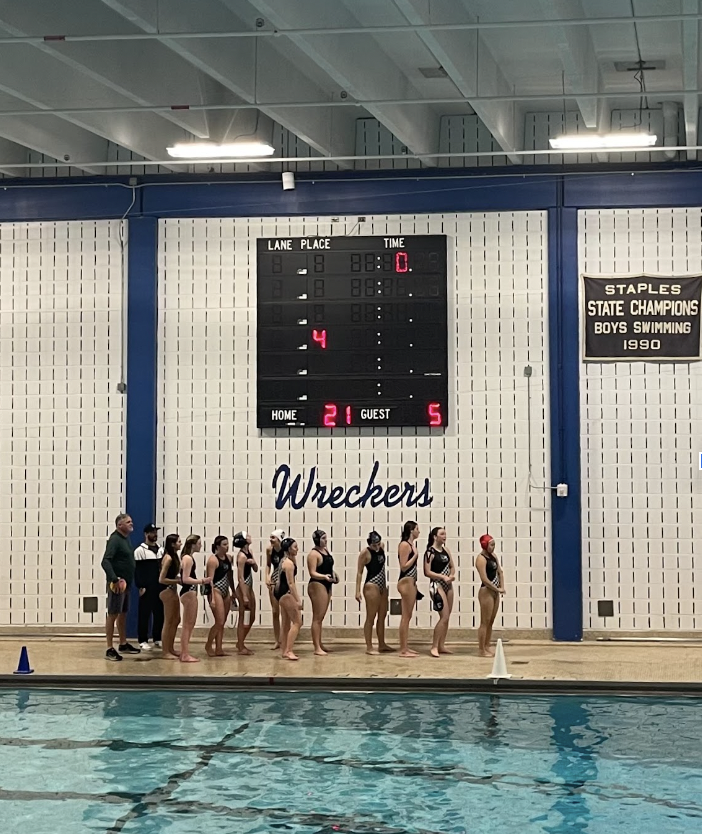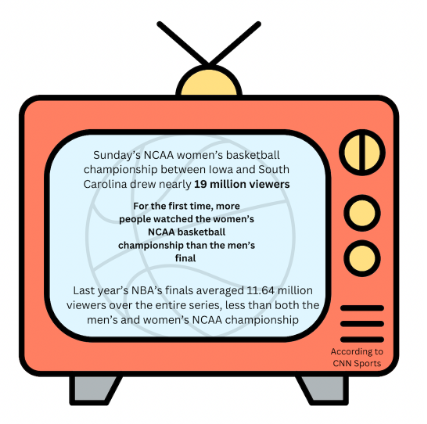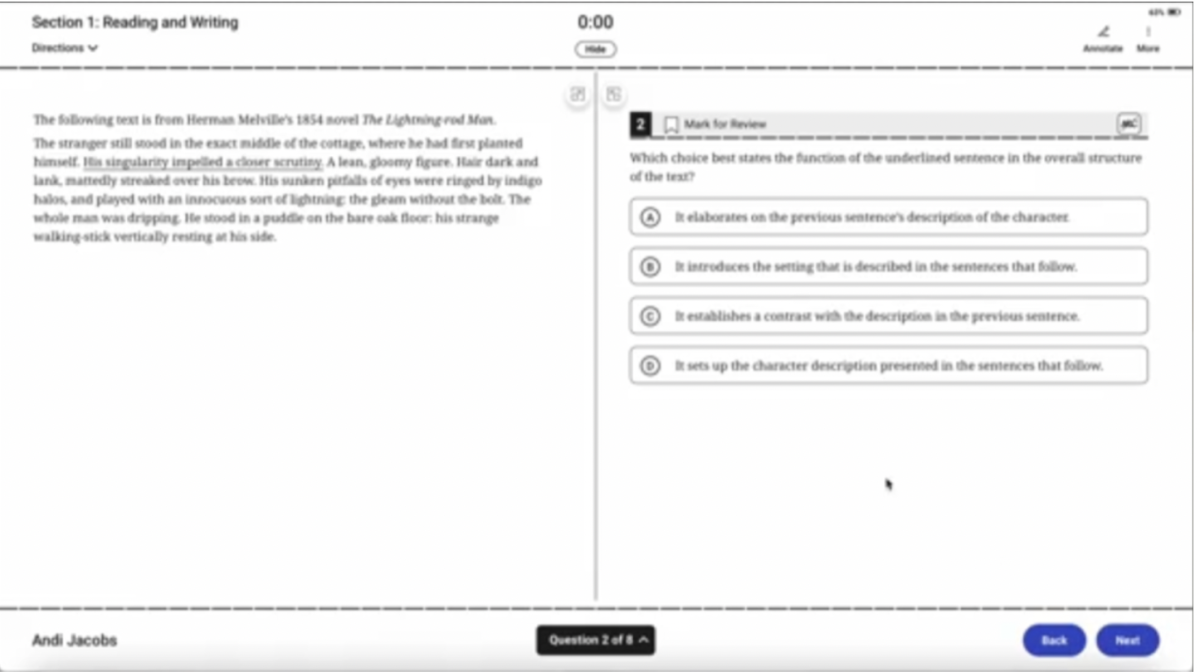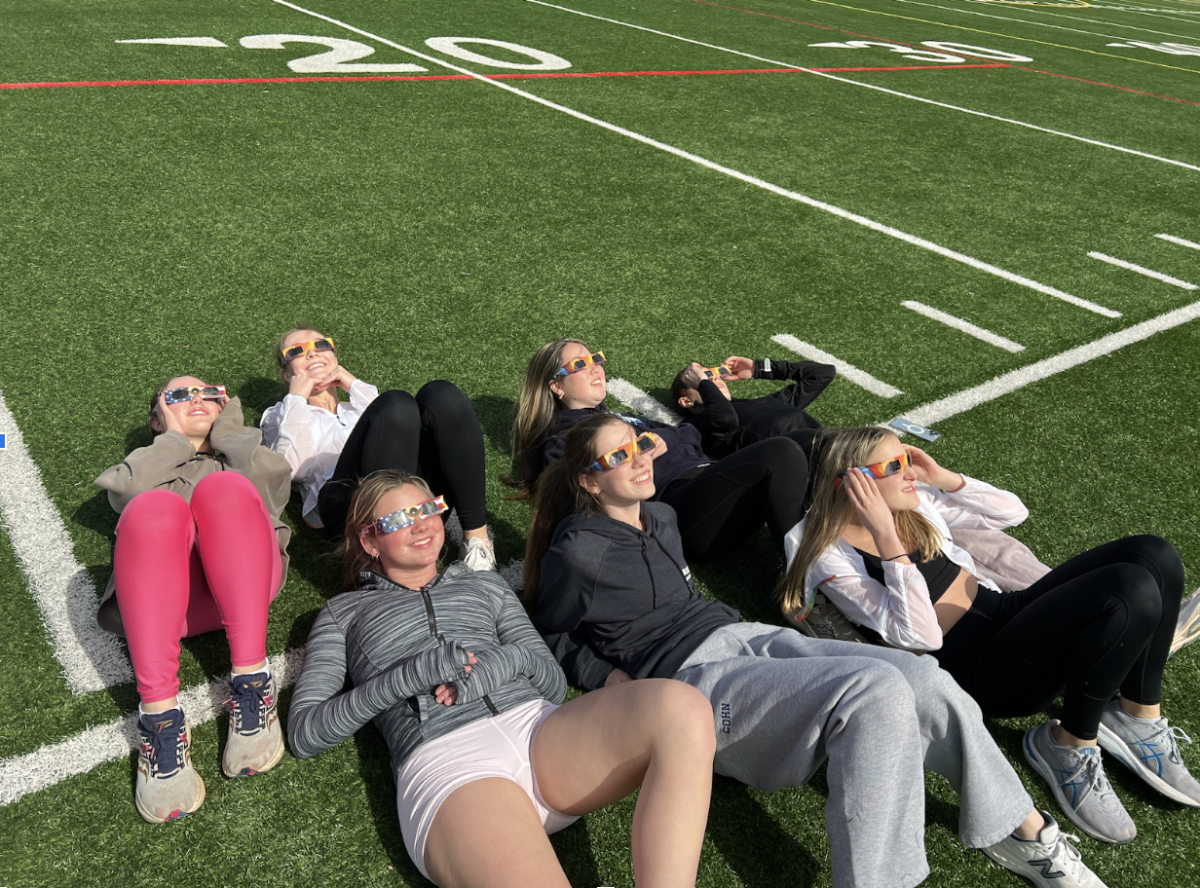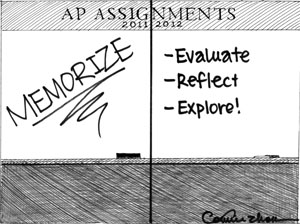The days of cramming for AP tests and agonizing over memorization may be coming to a close. AP courses are starting to modernize their curricula to reflect changes in college classes in recent years, replacing facts with concepts and applications.
Before this school year, the College Board made significant changes to the curricula of AP French and AP World History. It also announced that changes to its AP Biology and AP Spanish Literature classes will take effect next year.
AP French was the subject of the most radical changes. The official name of the course changed from French Language to French Language and Culture, and the curriculum is mostly new this year.
According to AP French teacher Natalie Clay, grammar-specific questions were entirely eliminated from the AP test, and grammar will no longer be a major component of the class. Half of the new course is understanding and analyzing modern French culture and politics, and the rest will consist of speaking and writing tests.
Clay is looking forward to the changes, but is also expecting the first year to be challenging.
“Personally, I enjoy teaching the cultural aspect. It puts the class in real time and makes it more modern,” Clay said. “But we are the pilot class. I’m hoping the graders won’t be too harsh.”
The revisions to AP World History are much more subtle. The only change is that the first unit, which spans about three thousand years of history, has been streamlined to cover certain concepts like transportation and architecture in less detail. Longtime AP World teacher Carol Avery was pleased with the revised course guide.
“It was a huge sigh of relief that I didn’t have to cover everything,” Avery said. Avery hopes that the changes, which will only impact the beginning of the year content-wise, will enable her to teach more vividly about art and culture.
Social studies department chair James D’Amico also supported the changes to AP World.
“It really makes you think of the big picture, which it supports by grabbing smaller amounts of content to make you think,” D’Amico said.
Former AP World student Taylor McNair ’12 adds, “There was just so much info. It was the entire world in just a few months. I definitely wanted to go in depth into some topics.”
While the changes to AP French and AP World are the only ones going into effect this year, the changes to AP Biology and AP Spanish Lit will have a similar impact starting next year.
Starting next year, AP Biology is shifting away from an information-based curriculum in favor of a more comprehensive system. According to science teacher Joel Kabak, this will include removing the systems of the human body and other details from the AP test in favor of more conceptual questions. Additionally, labs will change to be “more inquiry-based,” although specific details have not yet been released.
Many students who have taken AP Biology support these changes.
“You take in a ton of material every week, get tested, and completely forget it all right after the test,” Kyle Murray ’12 said.
Murray also hoped that the changes to AP Bio will help the class’s teachers.
“The way it is now, teachers don’t really have much time to say anything. They just have to read from the Powerpoint to prepare us for the test,” Murray said. “Hopefully this will help make classtime more meaningful.”
However, not all the changes to AP courses are viewed as positive. While AP Spanish Lit teacher Donna Kenny agrees with some of the changes that will be made to her class, she fears that the difficulty of the test could be problematic.
The AP Spanish Lit test now includes a speaking section about the course material, in addition to the analytical essays that made up the test in years past.
“It’s an awful lot to ask students to extemporaneously compare classical literature,” Kenny said, “Not only will they have to write perfectly and analyze perfectly, but they have to speak perfectly as well.”
The books students are expected to read in Spanish Lit are also going to change next year. Instead of focusing on “magical realism,” Kenny said that the course is turning its attention to “more interesting, in-style books with distinct modern political views.”
However, Kenny believes that the course will not be too difficult for her students.
“If anyone’s going to pass, it will be our kids,” Kenny said.

